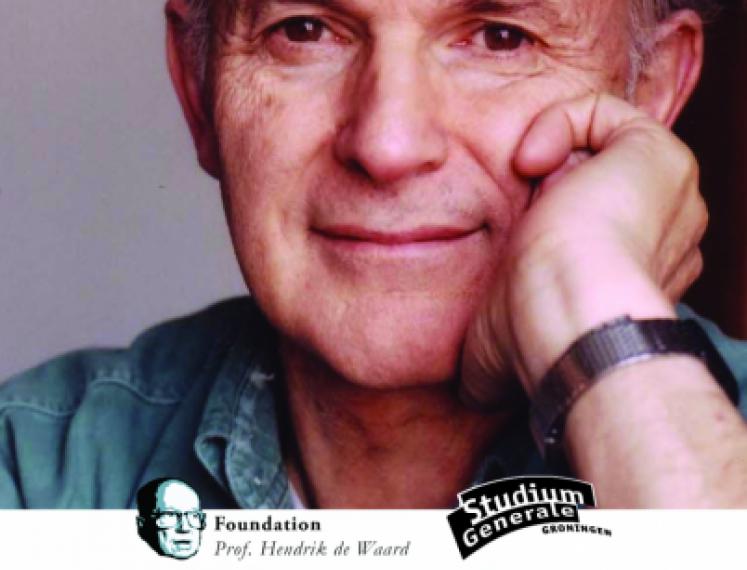Online
Nederland
Why do we play?
During the COVID-19 pandemic, people had to stay indoors as much as possible. To pass the time, we massively turned to Netflix, books, knitting and… video games! There was an increased interest for gaming in all sorts of ways, either eagerly putting together jigsaw puzzles, battling in board games or hours spent playing video games. Gaming consoles were selling like hotcakes. But if you take a step back and look at the concept of playing and gaming itself, did you ever wonder why we play games? What is so appealing about video games? In the famous book Homo Ludens (1938), 'The Playing Man' in English, Dutch historian and anthropologist Johan Huizinga was one of the first to look at the phenomenon of play in a serious way. Philosopher Stefan Schevelier will relate Huizinga’s work to 21st century (video)games.
Stefan Schevelier is a philosopher, lecturer and recruitment officer at the Radboud University in Nijmegen. Schevelier made a democracy game called Demos and has a research interest in the Philosophy of Video Games.




